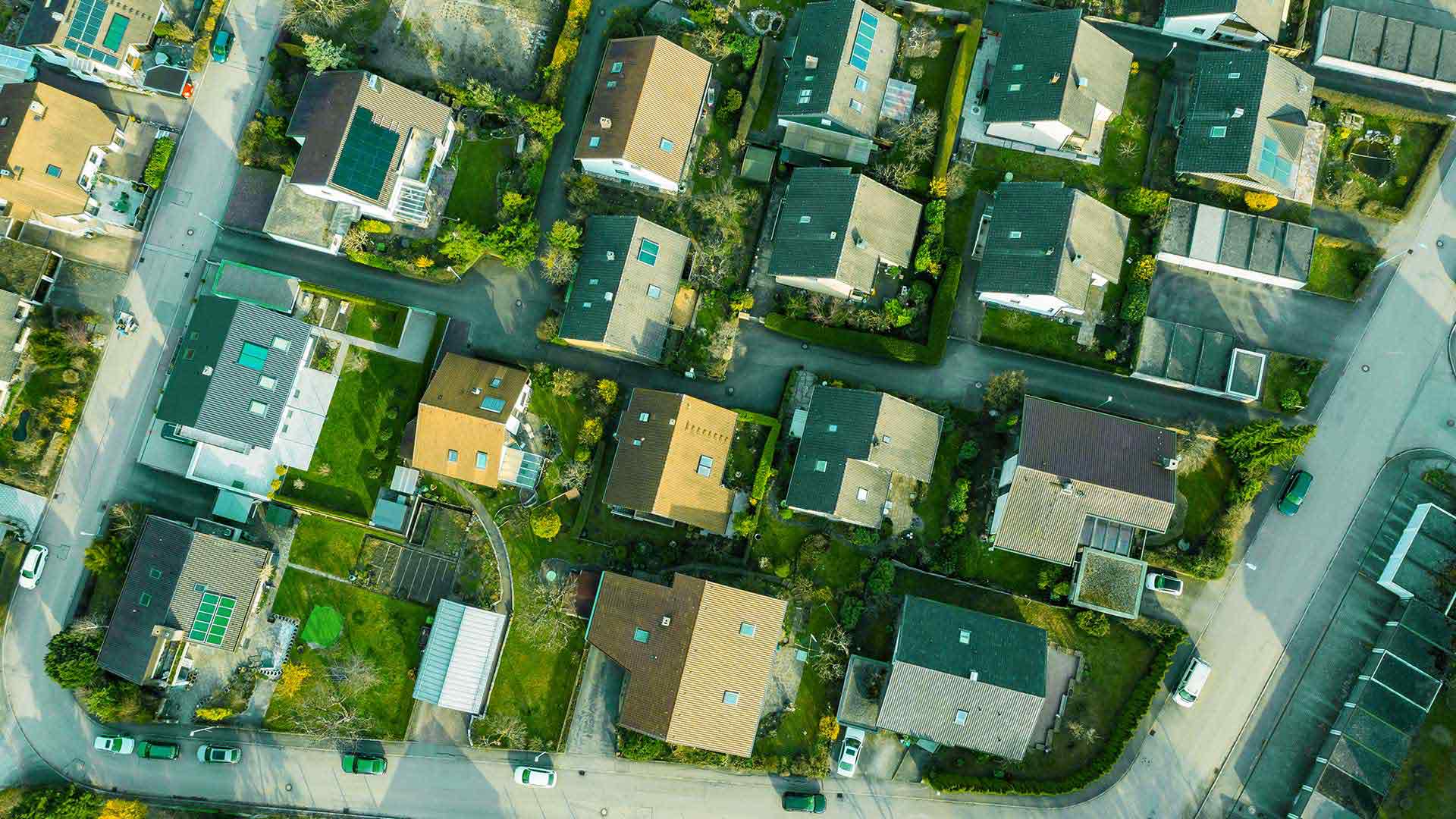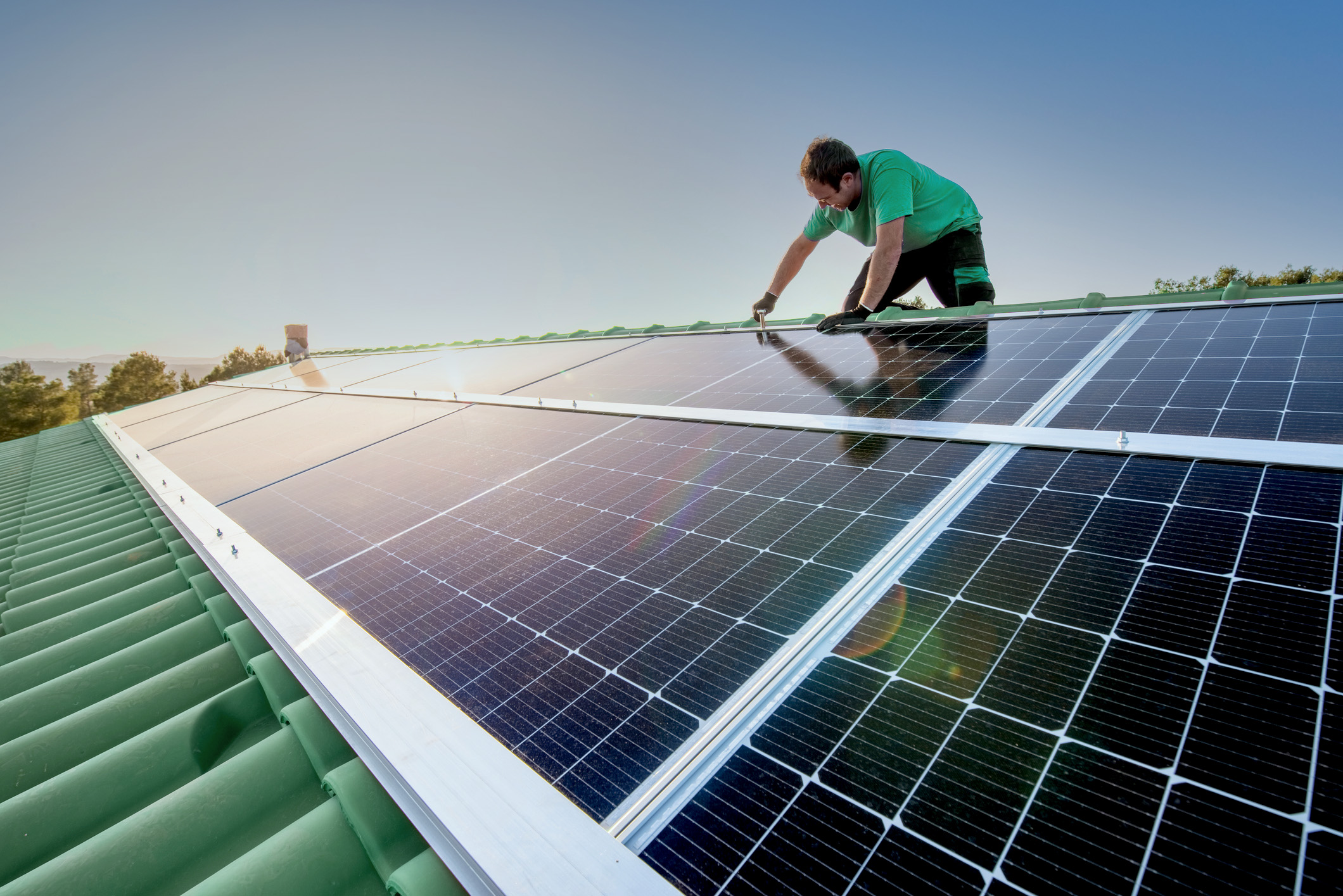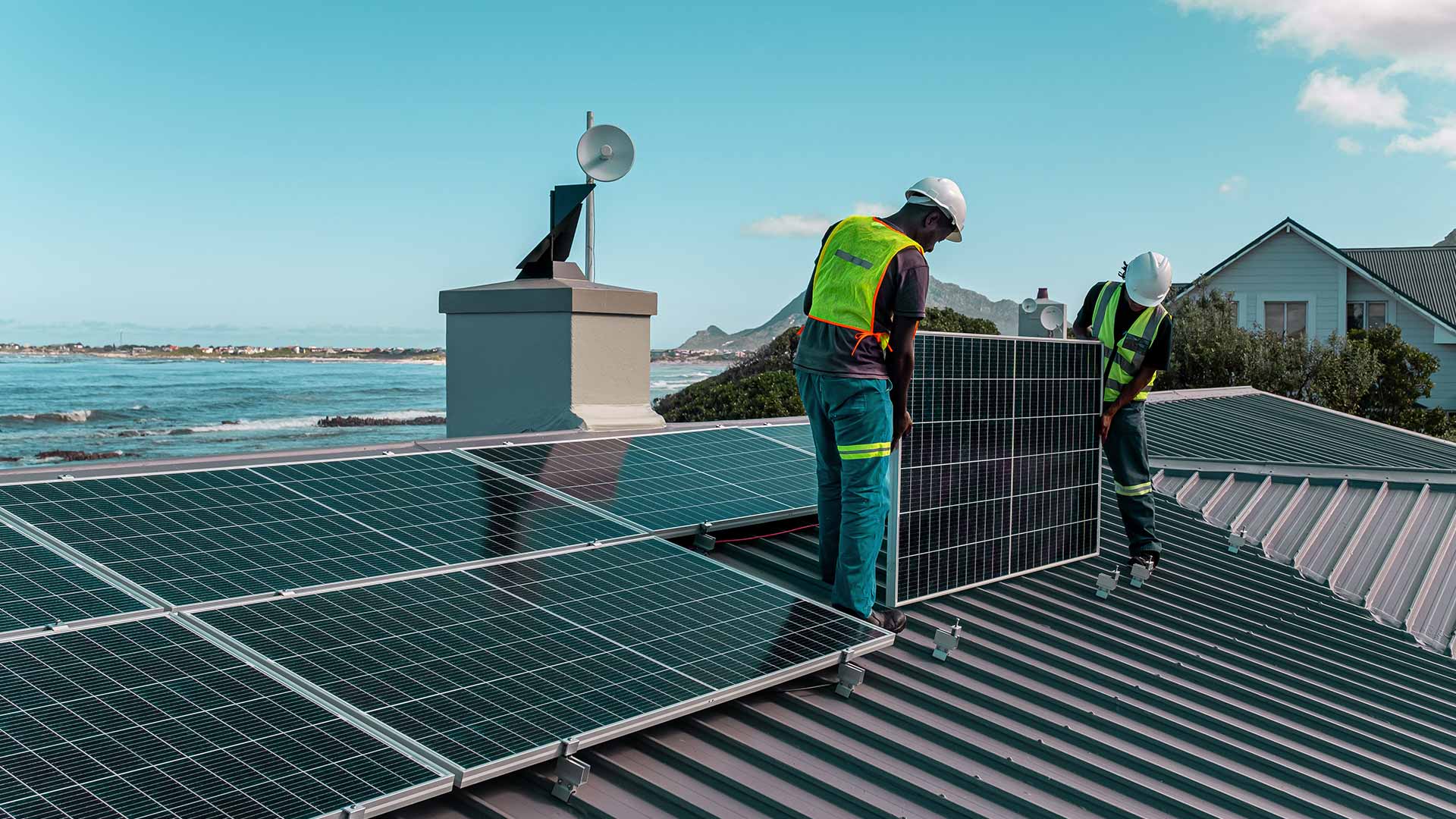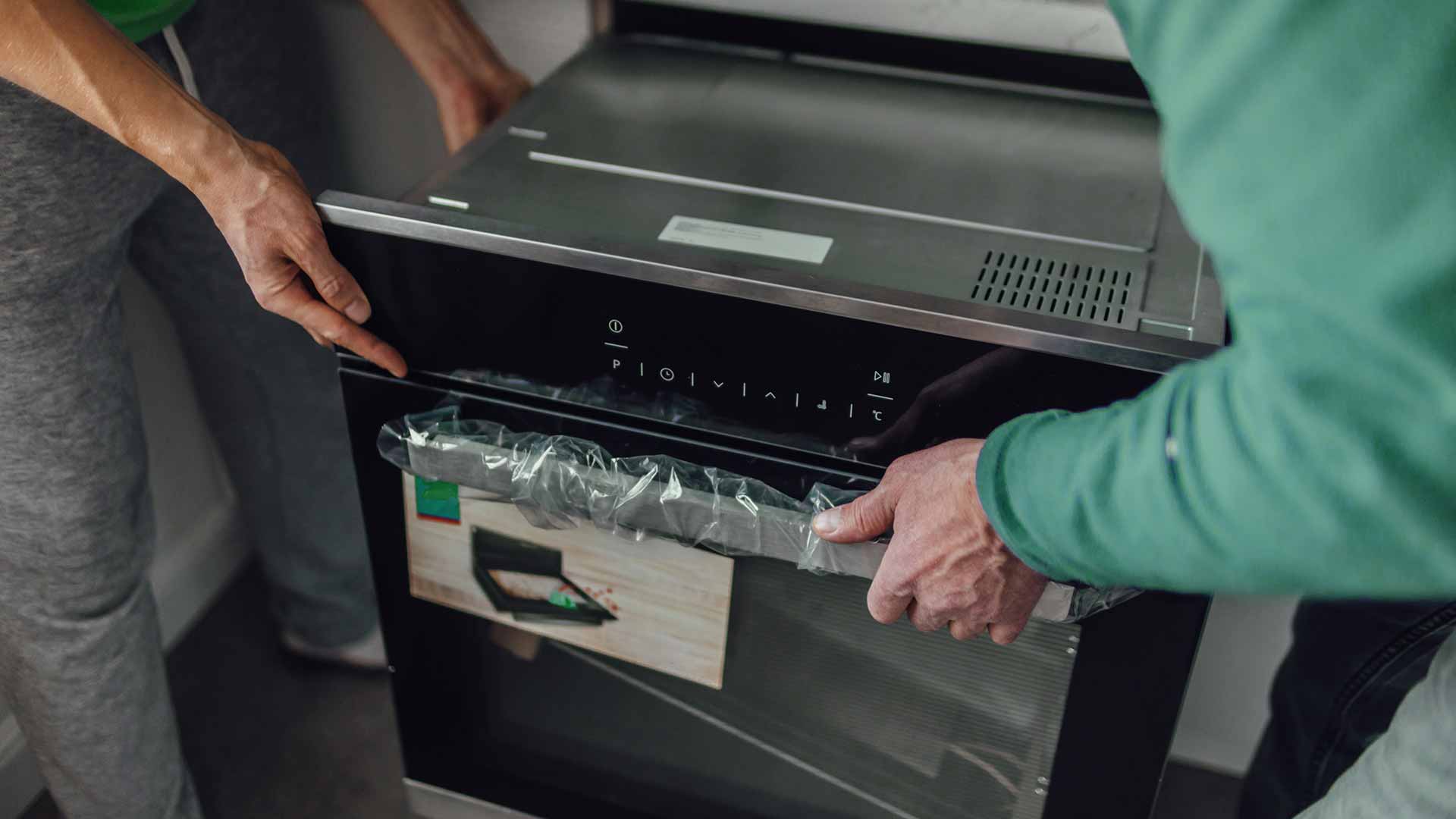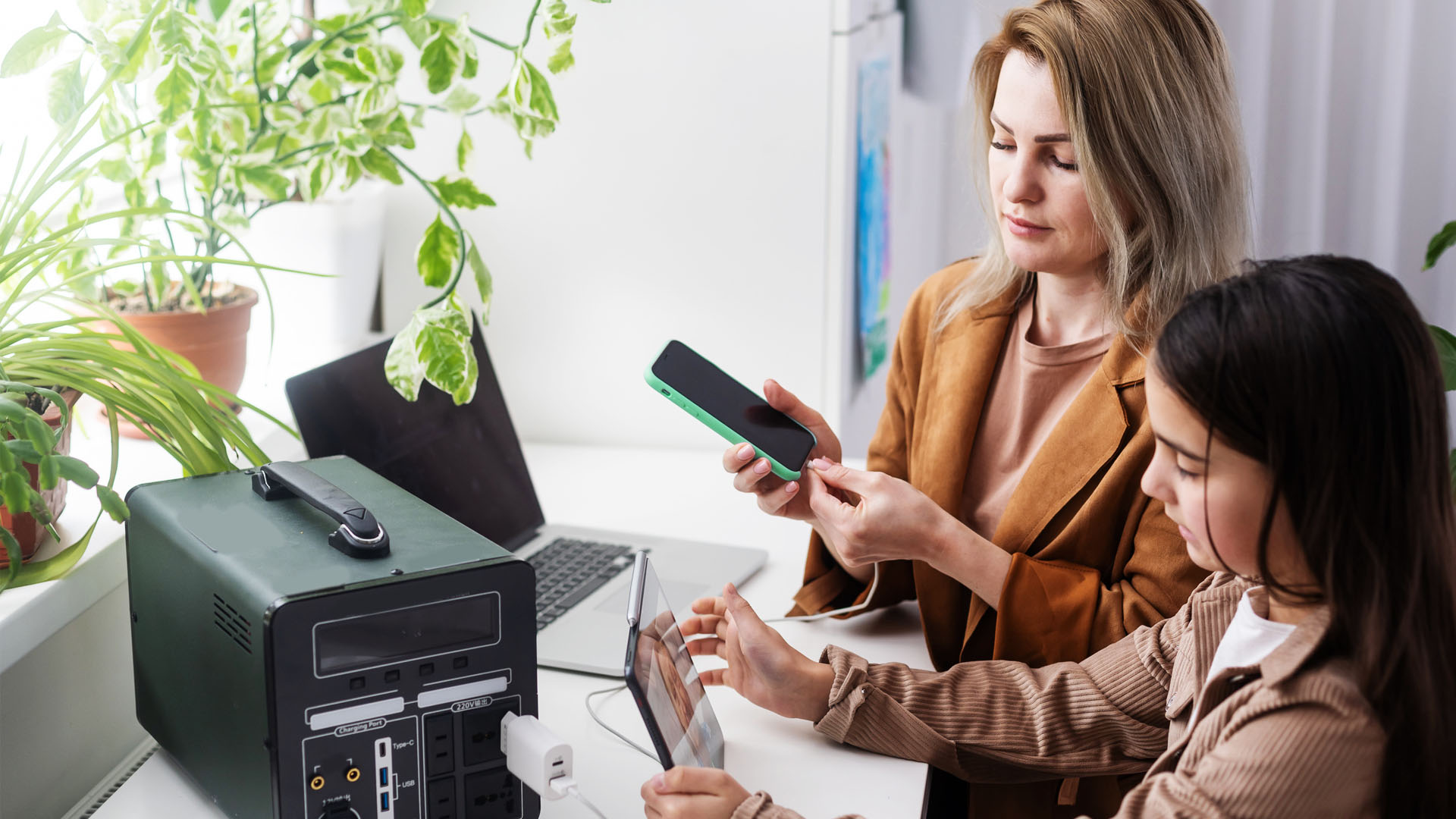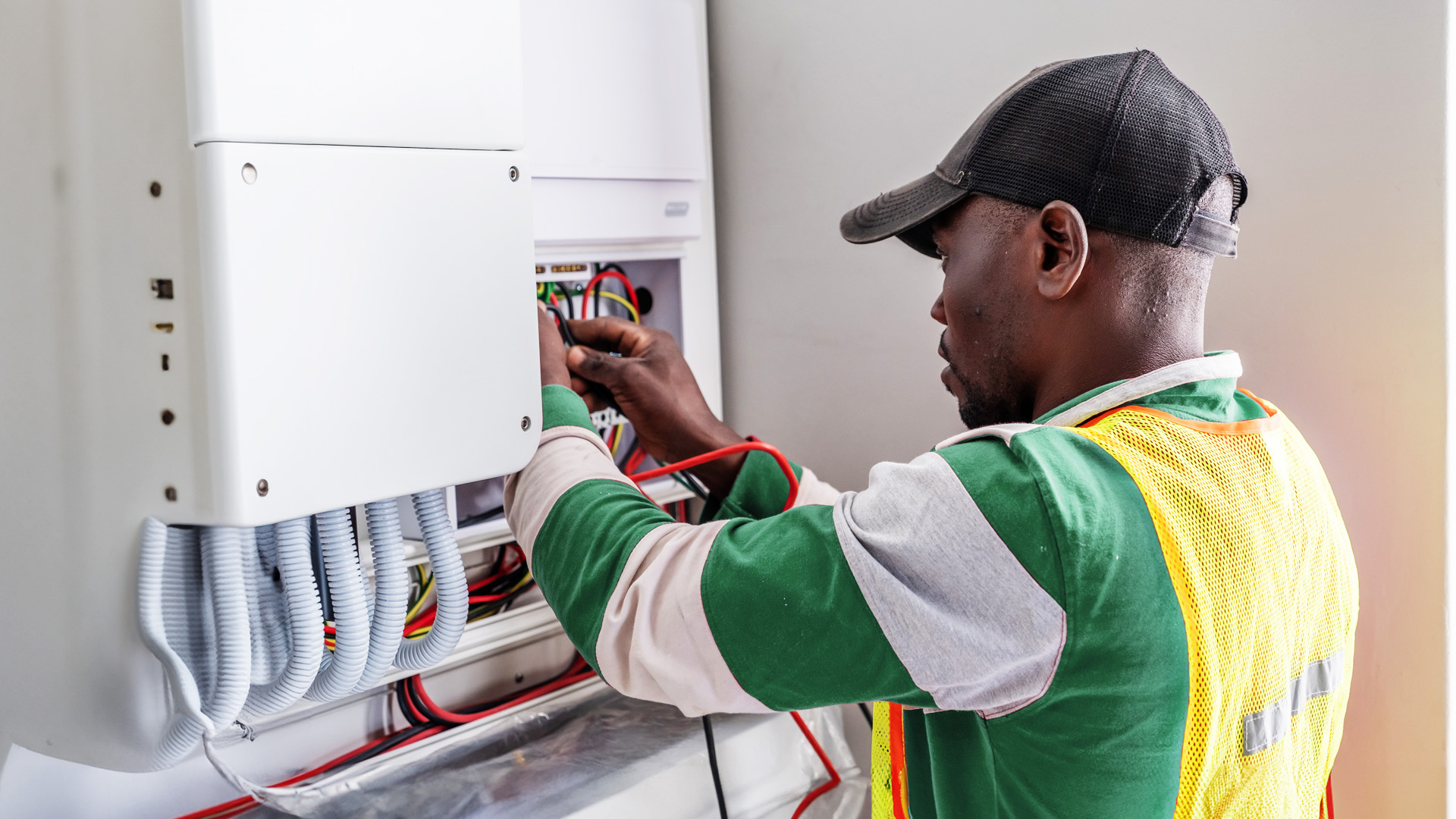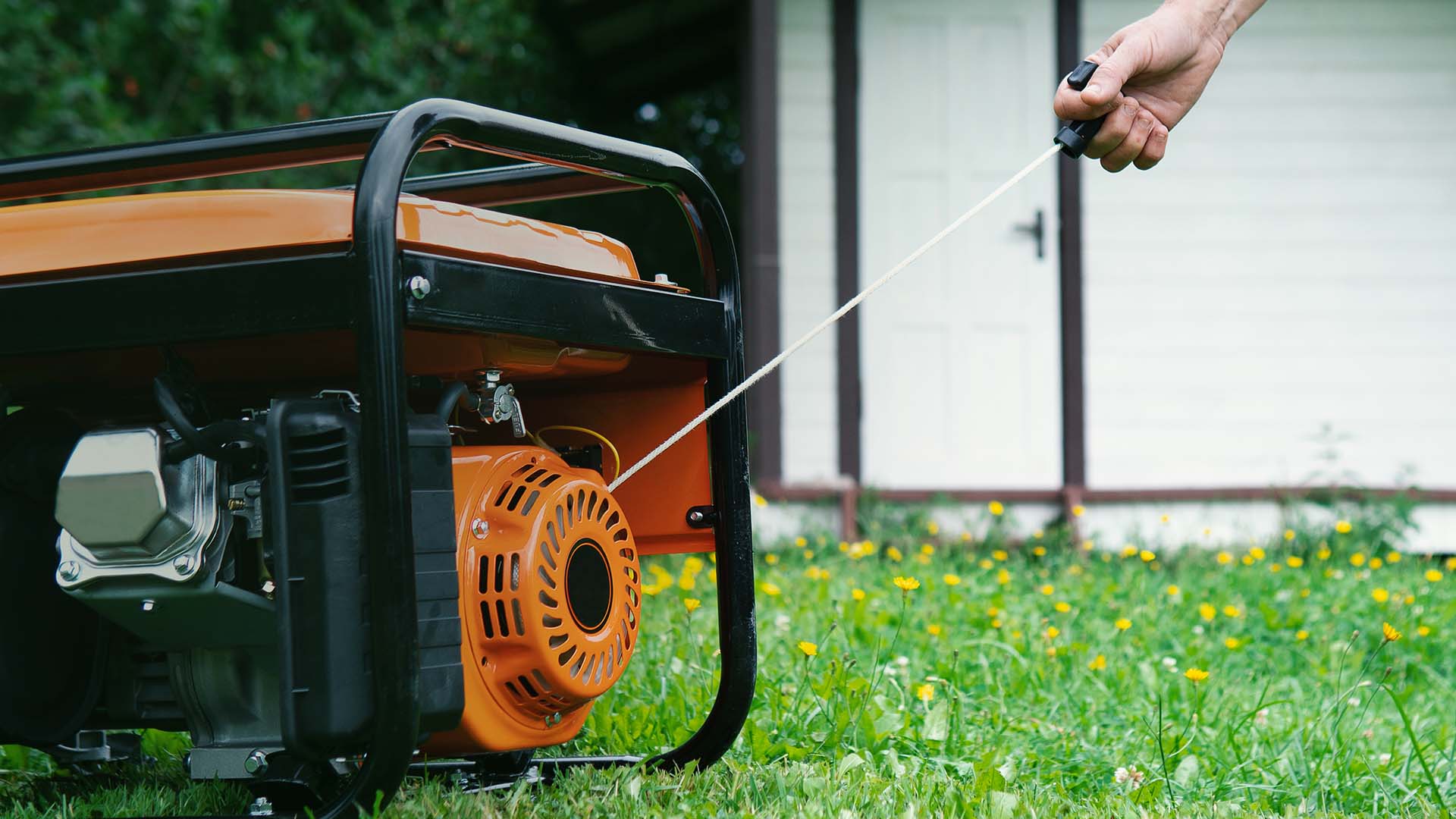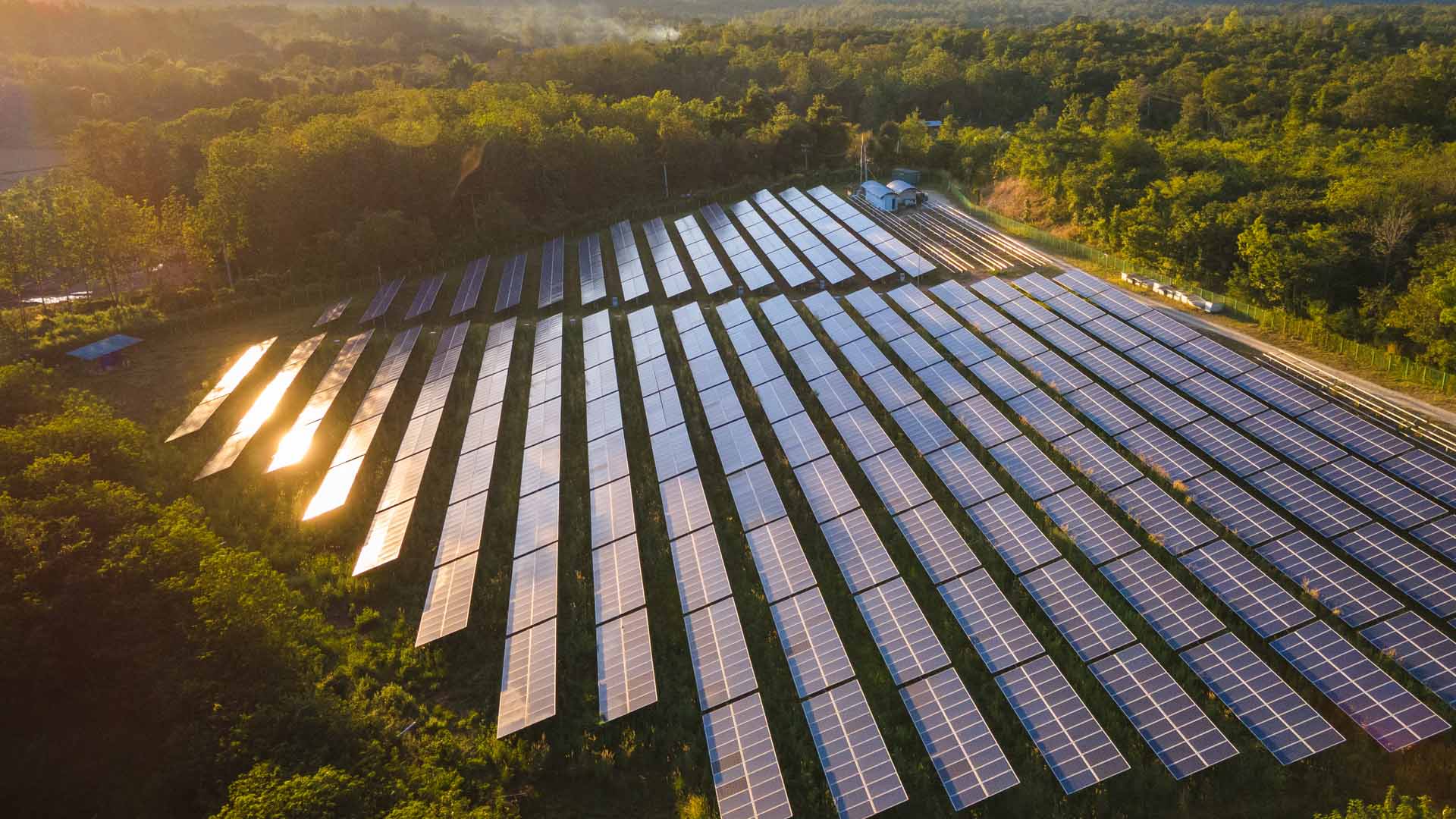Communal solar installations or farms can provide a group of residents or businesses with the shared power output of a single large solar installation. The immediate benefit for all the participants would be reduced dependence on the national grid, an alternative power supply during load-shedding, and reduced electricity bills.
There are many reasons why people may not be able to install rooftop solar in their own homes – it might be the high upfront cost, roof space or support constraints, or perhaps you don’t own your home. In these cases, communal solar programmes offer a way to participate in the renewable energy revolution and save money.
The single large solar installation required for a communal solar programme can generate enough energy to power hundreds or even thousands of homes. The technical name for this type of installation is a photovoltaic power station. However, most communal solar projects go by less formal, friendlier-sounding names, such as solar power plant, solar farm or shared solar. These terms are all used to refer to the same thing: A large array of solar panels with a battery and inverter system that supplies power to a given number of businesses or a residential area.
Solar farms can go on a variety of sites. Some of them are literal farms with unused space. Capped landfills and abandoned industrial sites can also supply open space for solar farms. But they don’t always have to be in the middle of an open field. In cities, solar arrays on top of buildings, such as apartment buildings or parking garages, can serve as shared solar services. All these setups could be considered forms of communal solar.
Alternative communal solar options to consider
Apartment buildings and townhouse complexes are the most common communal solar installation examples in South Africa. But if you live in one of these places, how do you go about installing solar power that everyone can use?
A solar array installed in a building or complex faces 2 challenges before it can power individual units. Not only do you need to install a complex metering system, but you also need to rewire individual units into a smart grid throughout the building or complex. The smart grid can turn specific circuits on individual distribution boards on or off, so that appliances that draw too much power (for example, stoves) will not overload the capacity of the system.
This will come at a significant cost, and it is often a hidden cost in the pricing quoted for solar system installation. However, many other options for individual flat-dwellers are available. These range from battery-powered inverter systems and UPS systems to different types of generators and portable solar solutions.
First, determine the energy requirements for the building or complex
Those who live in apartment buildings and other residential estates and complexes also have several important rules that need to be considered when looking to install solar. Currently, the regulation and installation of renewable alternative power supplies to such communities typically become the responsibility of homeowners’ associations and sectional title body corporates. The latter, which are most common in managing apartment buildings and townhouse complexes, are managed under the Sectional Titles Schemes Management Act. This act is very specific about the way common property can be managed and changed – processes which usually demand a complex set of approvals.
Public installations
Every solar request in public installations requires a special general meeting for public installations, with 33% of owners or their proxies present. At least 75% of those in attendance must vote in favour of the resolution – which can include the installation of solar on the common property, such as shared roofing areas.
Private installations
For private installations, the body corporate must ensure that there is a framework to make it easier to install solar. The installation should be treated as an urgent matter and not as a discretionary requirement for separate units. On body corporate approval, suppliers can install solar solutions for the entire building, with funding options such as rebates on rates – although this isn’t feasible for smaller complexes due to a lack of an economy of scale. In addition, private installations should reveal to residents and potential tenants what the additional installation and deferred costs might be if these are to be passed on.
Homeowners’ associations
If you are part of a homeowners’ association, for example in a gated or off-plan estate, it’s important to understand the conduct and architectural guidelines outlined in the memorandum of incorporation. Any changes in the provision of electricity to the whole estate may require the association to update its rules.
In all these cases, there is no need for government permission to install solar panels, since the government has already announced plans to abolish the 100MW licensing cap on private-sector renewable energy projects.
Other options for complexes to consider
- Renting solar panels for common areas, rather than buying them outright, can reduce upfront costs and the risk associated with owning and maintaining panels.
- Sharing systems or costs with neighbouring properties or developments can dilute costs.
- Installing batteries to help store excess energy generated by solar panels and making them available for use during periods of high energy demand or when the panels are not generating electricity.
General tips for sourcing communal solar solutions
- First, determine the energy requirements for the building or complex.
- Select a reputable installation company with experienced and skilled staff, good reviews, and verified references.
- Agree on an installation schedule and make sure to get warranties for both the panels and the installation work.
- Ensure that any rewiring and other installation costs for individual units or apartments are factored into costings upfront and are communicated to the residents.
- Explore financing options offered by banks and solar suppliers, such as rent-to-own or outright equipment purchase.
If a smart grid and a solar power plant are included in the planning of new developments, they will be more cost-effective to install
Safety and insurance
A communal solar system is usually a significant investment, and the responsible body will need to insure the system properly and make sure that it meets safety requirements for communal installations. These include:
- Installers ensuring that the roof structure can support the communal solar system.
- Where it is impossible to comply, a professional engineer or registered technologist must design the installation to incorporate the standard’s safety and performance principles.
- Water heaters or storage tanks which are part of the power generation system, and which have a capacity of 200 litres or more may not be attached to a wall.
- The solar system must be installed so that it does not accelerate the deterioration of the roof.
It’s always advisable to use accredited technicians and installers who can put the right solutions in place.
A communal solar system will not always be able to accommodate the preferences or power needs of all tenants. Given the extent of the rewiring needed to create a smart grid in existing buildings or complexes, it could also turn out to be too expensive. However, if a smart grid and a solar power plant are included in the planning of new developments, they will be more cost-effective to install, and the costs can be built into the pricing of individual units.
